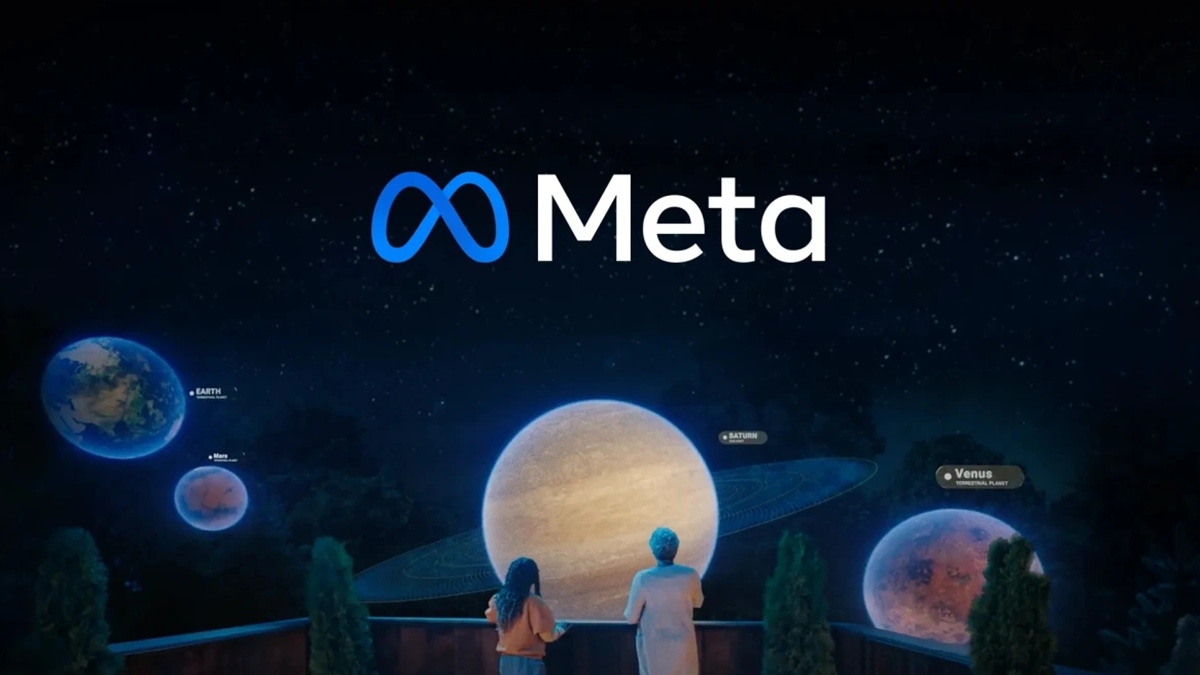Trending
Opinion: How will Project 2025 impact game developers?
The Heritage Foundation's manifesto for the possible next administration could do great harm to many, including large portions of the game development community.
Reality Labs has now lost $7.7 billion during the current fiscal year, but Zuckerberg has reiterated the mixed reality division represents a "very long-term bet."

Meta's struggling Reality Labs segment, the mixed reality division that houses the company formerly known as Oculus and is crucial to the company's metaverse ambitions, is still losing billions of dollars each quarter.
According to Meta's fiscal report for the second quarter ended June 30, 2023, Reality Labs reported an operating loss of $3.7 billion. That's substantially more than the $2.8 billion loss Meta reported during the same quarter last year.
Revenue was also down at Reality Labs during the second quarter, falling by 39 percent year-on-year to $276 million due to "lower Quest 2 sales." Expenses, meanwhile, increased by 23 percent to $4 billion due to "a reduction in Reality Labs loss reserves in Q2 of last year as well as growth in employee-related costs."
Reality Labs has now lost over $7.7 billion over the past six months, and Meta has suggested that's going to be the norm for the foreseeable future.
"We expect operating losses to increase meaningfully year-over-year due to our ongoing product development efforts in AR/VR and our investments to further scale our ecosystem," said Meta CEO Mark Zuckerberg on an earnings call.
Elaborating on how the Meta actually intends to recoup its investment in Reality Labs, Meta CFO Susan Li said the company is implementing an "ambitious long-term horizon multifaceted roadmap" that spans VR, AR, metaverse social platforms, and neural interfaces.
"In the near term, we're focused on growing adoption of the existing products, and we're constantly learning more about demand and use cases that inform our future plans. But a lot of the investment that's driving the growth here is around conducting the fundamental R&D to solve hard technology problems that are going to enable our vision here," added Li.
"A lot of it is around clearing technical hurdles that will make subsequent devices smaller, cost less, weigh less, et cetera. So that's really on the Reality Labs side."
In response to a similar question, which noted that Reality Labs has now passed $40 billion in losses, Zuckerberg said Reality Labs will ultimately feed into Meta's broader mission to "build awesome experiences that help people connect."
"From a business perspective, I think that there's going to end up being a large business component of this that is Reality Labs-specific. Directly, the products that we're building there and having that be a good business," continued Zuckerberg. "But I also think that a lot of this is going to be that it unlocks a lot of value for the other experiences, the current apps that we have, what you think of as the Family of Apps."
Zuckerberg also acknowledged that Reality Labs is a "very long-term bet" that will likely cause some "discomfort" to investors, and said he can't promise the business will ever come good.
"I can't guarantee you that I'm going to be right about this bet," he added. Despite that, Zuckerberg believes there's going to be huge demand for mixed reality products in the future.
"I do think that this is the direction that the world is going in. There are 1 billion or 2 billion people who have glasses today. I think in the future, they're all going to be smart glasses," he continued. "And all the time that we spend on TVs and computers, I think that's going to get more immersive and look something more like VR in the future.
"I think that what we're seeing is richer ways for people to communicate across even the mobile apps that we have going from text to photos to videos, just a continual trend towards being more immersive. So like all of these trends line up to make me think that this is the right thing."
It seems that Zuckerberg will continue funnelling billions of dollars into Reality Labs to see if his incredible expensive wager pays off. Meanwhile, Meta continues to push ahead with a huge wave of layoffs and a hiring freeze that has affected over 20,000 workers in a bid to deliver on its promise of a "year of efficiency."
You May Also Like